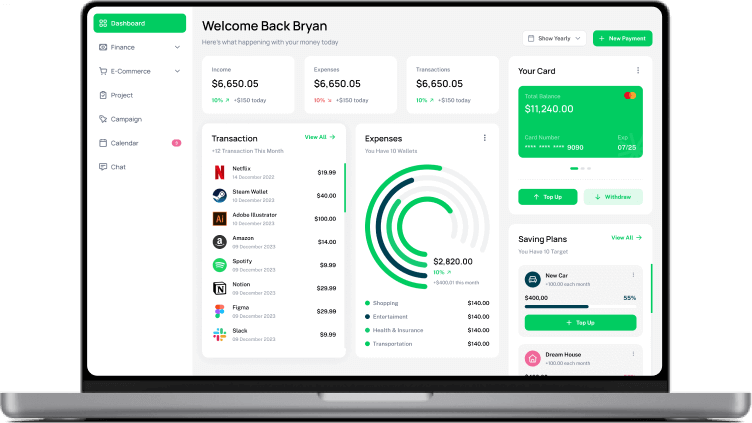Value Proposition
Definition: A Value Proposition is a clear, concise statement that communicates why a customer should buy a product or service, and which indicates the benefits and value to be received.
Detailed Explanation
The value proposition is a segment of the overall marketing and sales messaging strategy. It’s not just a list of features, but rather a clear statement about how the product or service solves a problem or makes a customer’s situation better, the particular benefits, and why it’s a better choice compared to other choices.
Key Components of a Well-Articulated Value Proposition
- Clarity: Easy to understand and communicating value
- Relevance: Explains how your product solves customers’ problems or improves their situation
- Quantified Value: Provides discrete benefits and the customer can expect to derive from
- Differentiation: Tells the ideal customer what you are offering them that will convince them to buy from you instead of your competition.
Importance in the Sales Process
- Sales Message: A clear value proposition directs the sales conversation between sales teams and prospects so salespeople can describe their offerings in ways that cater to the benefits for customers, not only features.
- Help the customer to understand: Help the customer to easily perceive what your offer is all about and can therefore speed up the buying
- Increases Marketing Effectiveness: The basis of crafting the marketing message that speaks to one’s target audiences.
- Supports Pricing Strategy: Justifies price point by clearly linking it to the value delivered.
Steps To Develop A Value Proposition
- Identify Customer Needs: Understand the problems or needs that your product or service addresses.
- Link Features to Benefits: Clearly connect the features of your product to the benefits they bring to customers.
- Communicate Differentiation: Describe how your offering is different and better than the competition’s.
- Test and Refine: Use customer feedback to refine the value proposition to get more resonance from your target audience.
Real-World Example
For example, you, a software company with a value proposition for an email marketing tool, can say, “Our email marketing platform helps small businesses target and re-target customers through automated personalized campaigns that will result in a 30% increase in sales, with no need for technical expertise.” This clearly states that the software is user-friendly, does not require technical expertise, focuses on small businesses, and is quantifiably beneficial in increasing sales by up to 30%, thus zeroing in on the big issues that such businesses are challenged with.

